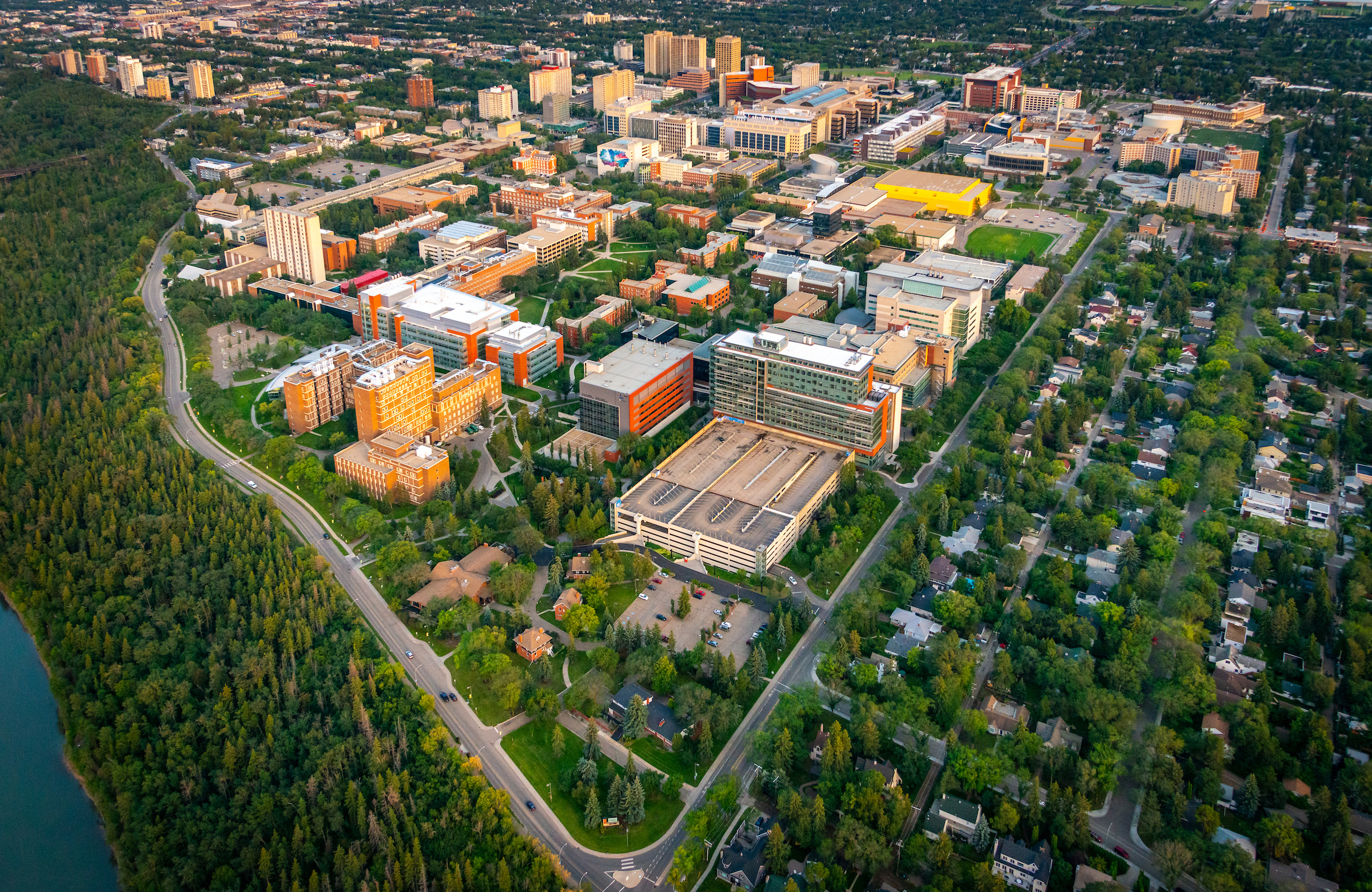Academic Restructuring Working Group Releases Revised Proposals
Bill Flanagan and Steven Dew - 13 November 2020

This article was originally published on November 13, and updated on November 19.
We are pleased to present the Revised Proposals of the Academic Restructuring Working Group.
Throughout consultation on the preliminary scenarios released in their Interim Report, the ARWG has reviewed extensive consultation input, including many additional scenarios proposed by the community, and heard the key concerns and questions of the community. While differing opinions, perspectives, and analyses have been shared, there has been a constant: that is, a shared desire across the community to develop an academic organization supportive of academic excellence in the long term, particularly in the context of our significant financial challenges.
In a post on November 12, we shared the timeline for this final phase of consultation. In coming to a final decision, there are competing needs and demands that need to be balanced in our collective choice about the future academic structure of the U of A. The three revised proposals capture and reflect much of the thinking heard and received from the community. The first proposal focuses on the consolidation of faculties, the second on a divisional or college model, and the third on a hybrid model.
Each takes the preliminary scenarios (A,B,C) as a starting point. Changes have been made in response to feedback and ideas on how each approach to restructuring could be strengthened and refined to more clearly achieve the stated objectives.
The original Scenario A has been expanded to include much more than the consolidation of the health sciences faculties in order to achieve cost savings and impacts commensurate with the other options. Faculty consolidation has been the preferred strategy of those opposed to expanding the academic hierarchy to include divisions. On the other hand, for those whose primary concern is retaining faculty identity and ensuring that academic direction rests with the faculty, the division model has been preferred.
Given consistent support for Scenario B, this model is the least changed, but concerns about terminology have been addressed with the change from “division” to “college”. This suits both our culture and intention better with the emphasis on collegial collaboration and connection rather than division.
Scenario C has been revised significantly, trying to find a balance between the competing pressures of on one hand a simpler hierarchy in parts of campus, and on the other hand preserving faculty identity where that is the priority.
All three scenarios preserve the autonomy of community-focussed CSJ, Augustana and Native Studies.
In the final report, you will find information on each proposal that has been requested by the community: academic and administrative rationale; cost savings and impact on budget model; clarity on leadership structure as well as academic autonomy and decision-making; impact on governance; and relation to administrative restructuring (SET).
It is critical to acknowledge that no one proposal will satisfy all. We are going to have to make some hard choices. At the same time, the ARWG is confident that any one of the following three final proposals can achieve substantial financial efficiencies and enable us to support the academic goals of U of A for Tomorrow. As we move through the final stages of governance review, discussion and approval, we invite you to share your thoughts and preferences through the following avenues:
Submit comments online here or send an email to uat@ualberta.ca. Summary reports will be prepared for distribution to governance bodies on November 20 and December 1.
Watch the recording of the UAT Town Hall held on November 19 at 11 am.
Review comments submitted through Thoughtexchange. The exchange was open until noon on Wednesday, November 18 and the results of this exchange were reviewed at the town hall on November 19.
We have frequently noted how quickly we must act to make major changes. The time frame— driven by major reductions to our public funding—is unprecedented for U of A, indeed for any post-secondary institution in Canada. However, we must seize this opportunity to transform our current challenges into an opportunity to reimagine our academic and administrative structures, otherwise the U of A risks becoming a diminished university. Let us come together and act now. Our colleagues sitting on the key decision-making governance bodies need to hear from you in this final phase of deliberation and decision.
Thank you for continuing to contribute to the process.
Bill Flanagan
President and Vice-Chancellor
Steven Dew
Provost and Vice-President (Academic)